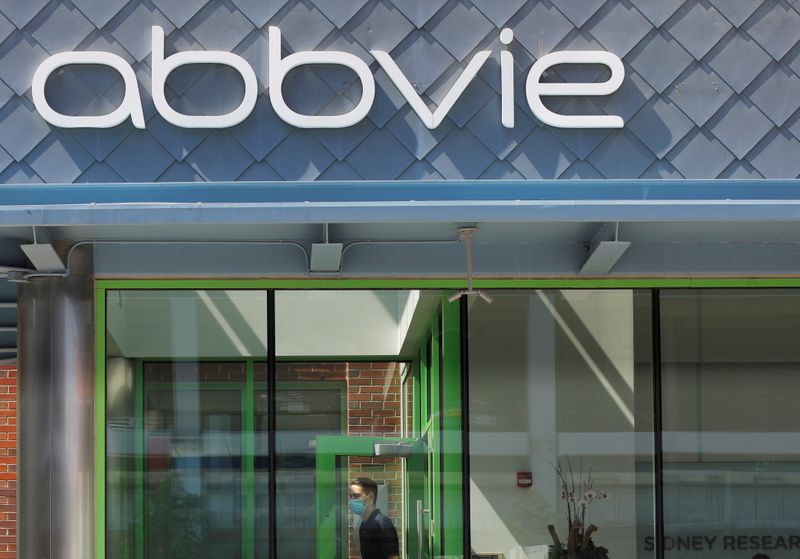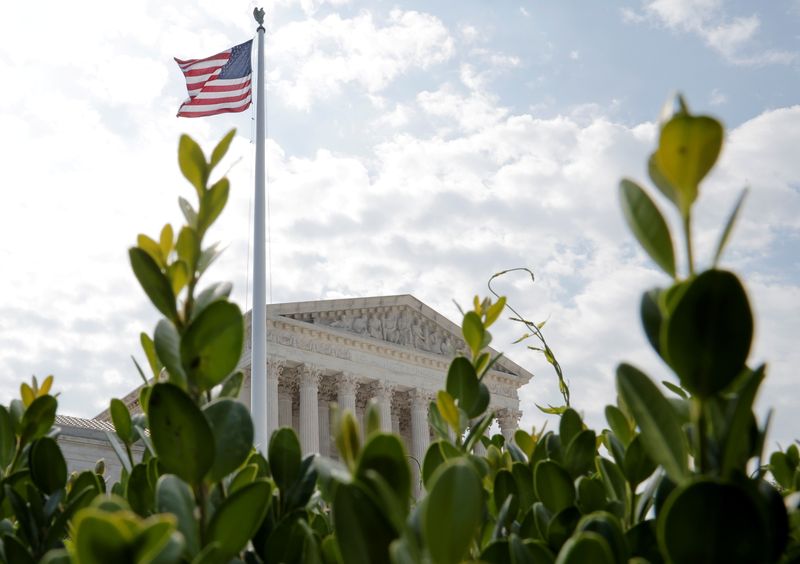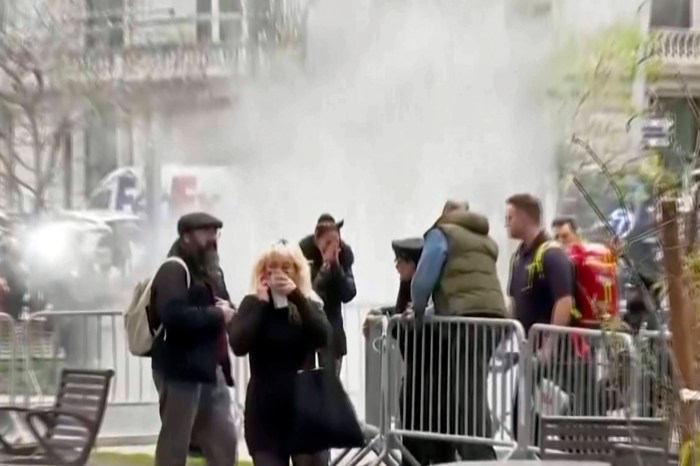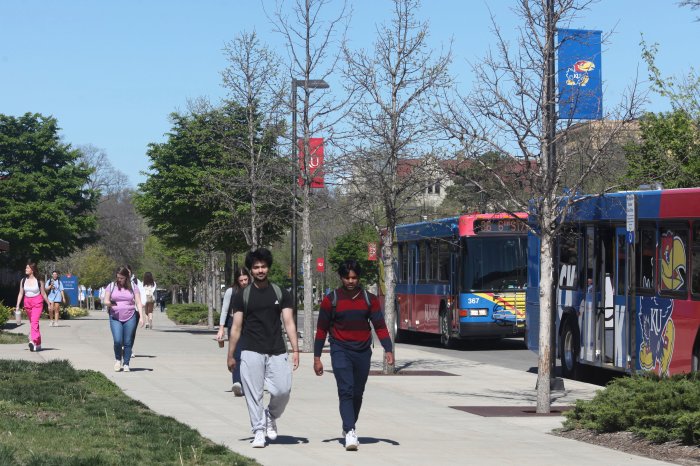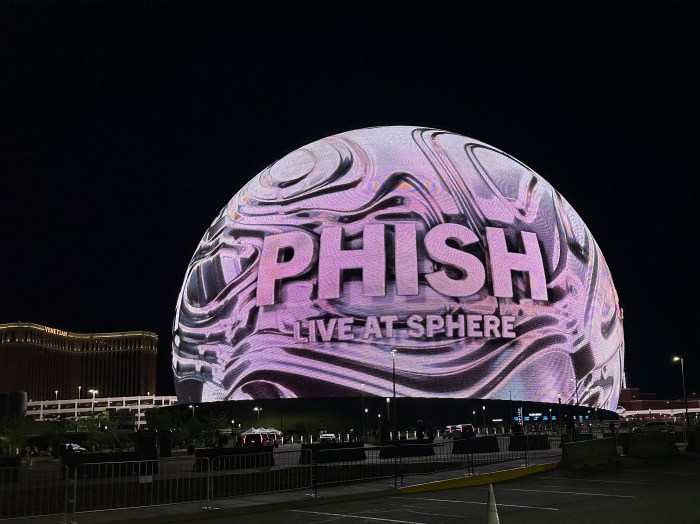WASHINGTON (Reuters) – The U.S. Supreme Court on Monday declined to hear AbbVie Inc’s challenge to a lower court’s decision that it violated federal antitrust law by pursuing a “sham” patent complaint against rival Perrigo Co over AbbVie’s blockbuster testosterone replacement drug AndroGel.
The justices turned away AbbVie’s appeal and left intact the lower court’s finding that its 2011 complaint against Perrigo was brought solely to delay Perrigo’s proposed generic version of AndroGel.
The Philadelphia-based 3rd U.S. Circuit Court of Appeals last year threw out a federal judge’s order requiring AbbVie and partner Besins Pharmaceuticals to disgorge $448 million in profits to the Federal Trade Commission, but found that the judge had correctly determined that they had violated antitrust law.
The dispute centered on an argument over the proper standard for determining when patent litigation against a competitor violates federal law against anti-competitive behavior.
Abbott Laboratories, before it spun off AbbVie in 2013, and Besins sued Perrigo and Teva Pharmaceuticals Inc in 2011, arguing that under the 1984 Drug Price Competition and Patent Term Restoration Act their proposed generic versions of AndroGel infringed the Abbott patent on the drug. That law, commonly called the Hatch-Waxman Act, automatically delays U.S. Food and Drug Administration approval for a generic drug for up to 30 months or until the case is resolved.
The parties settled the litigation in December 2011.
The FTC sued AbbVie and Besins in 2014, arguing that the 2011 litigation had been filed solely to keep the generics off the market. Philadelphia-based U.S. District Judge Harvey Bartle agreed with the FTC that the lawsuit against Perrigo was sham litigation, but ruled that the lawsuit against Teva was legitimate because it was not objectively baseless.
North Chicago, Illinois-based AbbVie told the Supreme Court in March that the 3rd Circuit disregarded the requirement that a sham lawsuit must be subjectively filed in bad faith in addition to being objectively baseless.
According to AbbVie, the 3rd Circuit incorrectly inferred bad faith solely from its finding that the suit was objectively baseless and lacked evidence that the company actually believed the lawsuit was meritless.
Court complaints are normally protected from antitrust liability by the U.S. Constitution’s First Amendment guarantee of free speech, and a plaintiff’s “mere intent to thwart competition” does not signify bad faith without a belief that the complaint lacked merit, AbbVie said.
The FTC told the Supreme Court in May that the 3rd Circuit decision was correct and urged the justices to reject the appeal.
(Reporting by Blake Brittain; Editing by Will Dunham)

